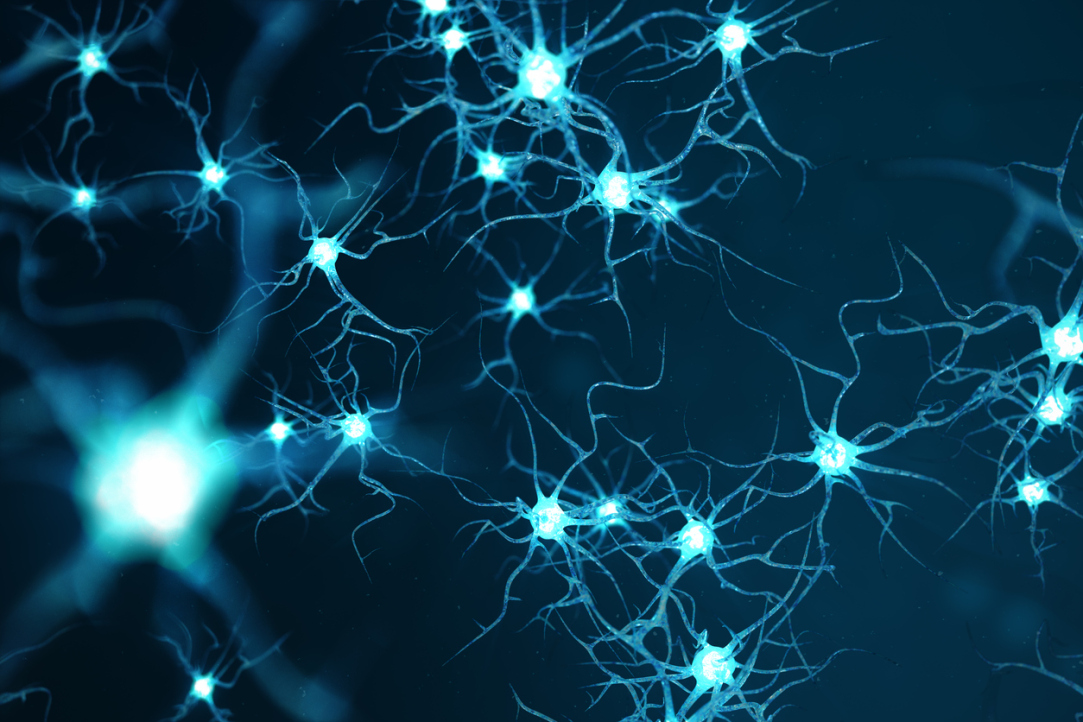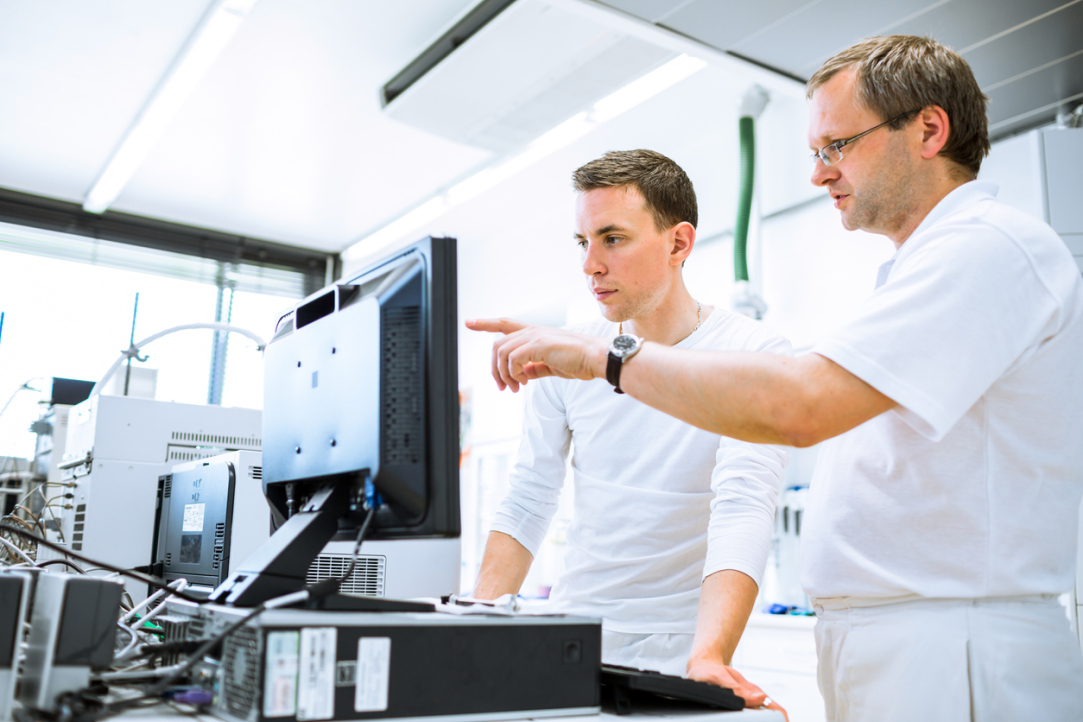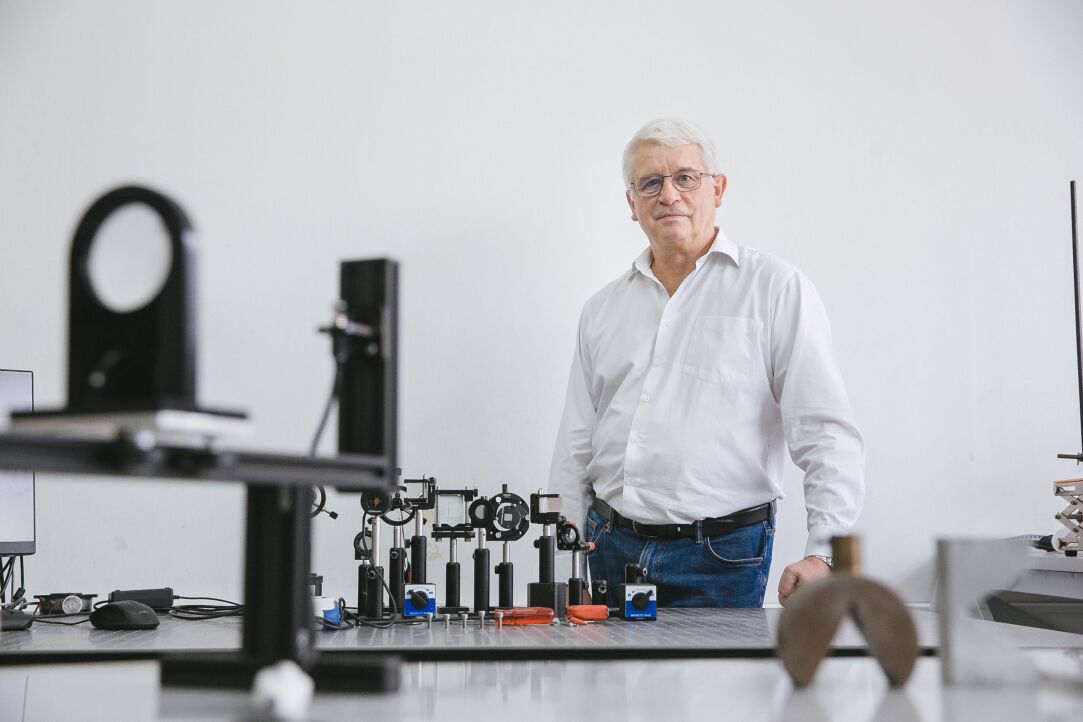Researchers from HSE, MIPT, and the Russian Academy of Sciences Institute of Solid State Physics, jointly with colleagues from the UK, Switzerland, and China, have conducted a study on the characteristics of thin films composed of platinum and niobium. Both the experiments and the theoretical calculations have confirmed that when in contact with a superconductor, platinum exhibits a spin, creating a potential for its effective use for data transmission. Platinum atoms have no magnetic moment, paving the way for the development of even smaller chips utilising this novel structure compared to conventional spintronics. The paper has been published in Nature Communications.






.jpg)







.jpg)

